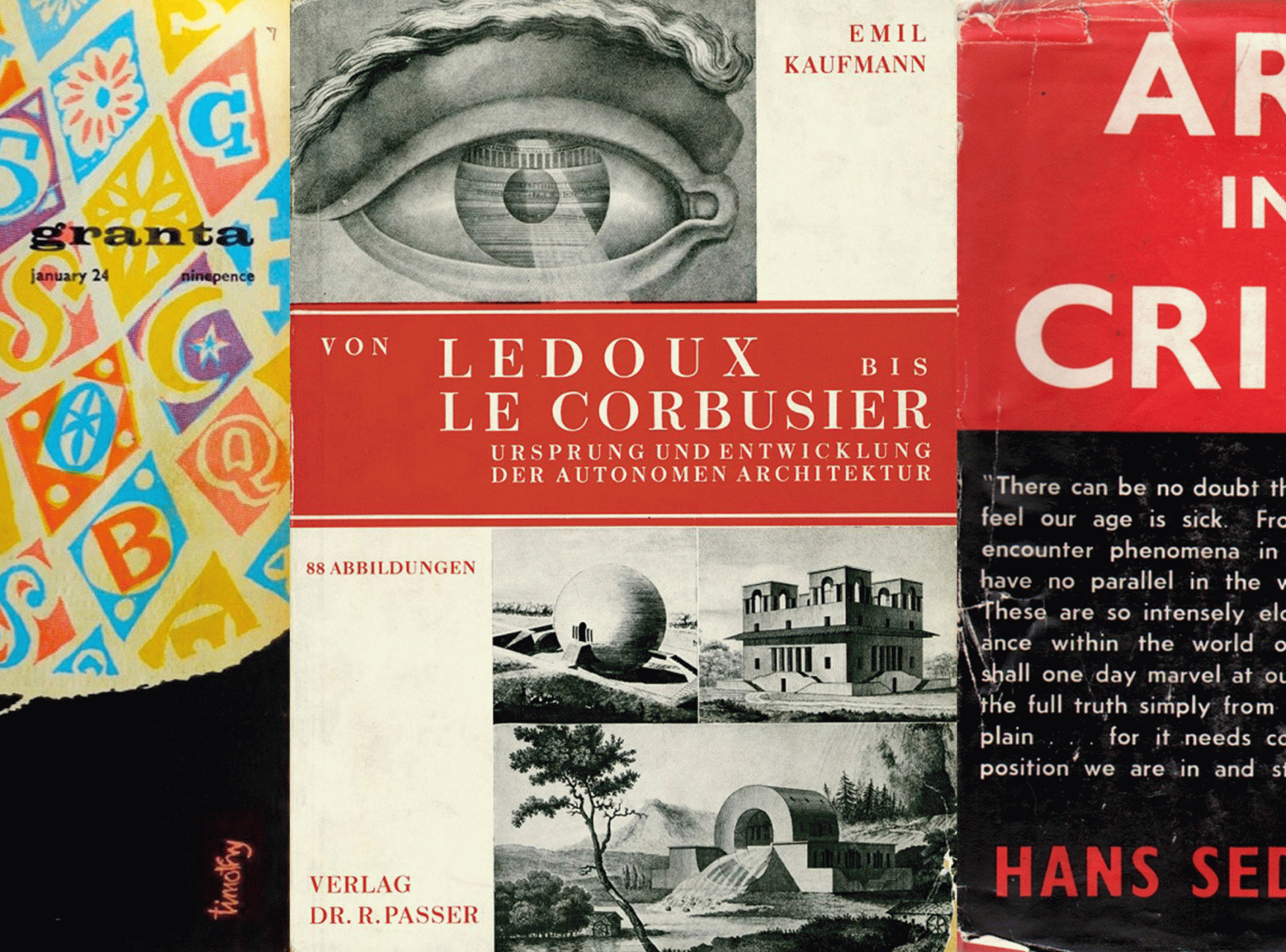Conferenza serale
Anthony Vidler: Utopia rediviva 1960-1972

Starting from 1950, with not a little enthusiasm contributed by the political movements of the 1960s, utopia was back on the agenda. It was however in the 1970s that utopia as genre and form was to be submitted to the closest analysis, and this through the lens of structuralism. Its model could now be subjected to a rigorous deconstruction, its aporias, disjunctions, and implicit structures revealed. Archigram, Superstudio, Archizoom utopians used the mechanisms of pop to integrate and market their special brand of consumer technology as architecture. They responded in different ways to the call, initiated by the Situationists, to find a tabula rasa for a new urban future. At the same time, the counter-architecture “utopias” of these groups were firmly based in a present that was, from the space program to IBM, always already there. Manfredo Tafuri already observed the continuous complicity between design and capitalist development, and the relentless tendency for all "counter" design, however radical to be absorbed within and productively exploited by the technology of production: in the present moment of utopian revivalism, it is perhaps necessary to revisit, not only the extraordinary visions of "Superarchitettura," but also its critical reception, as we attempt to evaluate the instrumental relations of such counter-architectural images to the production neo-liberal global architecture today.
On the occasion of the exhibition Utopie Radicali. Oltre l'architettura: Firenze 1966-1976
Anthony Vidler received his professional degree in architecture from Cambridge University in England, and his doctorate in History and Theory from the University of Technology, Delft, the Netherlands. A historian and critic of modern and contemporary architecture, specializing in French architecture from the Enlightenment to the present, he has consistently taught courses in design and history and theory: he was a member of the Princeton University School of Architecture faculty, professor and Chair of the Department of Art History at UCLA, professor Dean of the School of Architecture of The Cooper Union, New York, and Vincent Scully Visiting Professor of Architectural History at Yale. As designer and curator, he installed the permanent exhibition of the work of Claude-Nicolas Ledoux in the Royal Salt Works of Arc-et-Senans, France, as well as curating exhibitions for the Canadian Center of Architecture, Montreal, the Yale Centre for British Art, the Tate Britain, London, and the Staatsgalerie, Stuttgart. His publications include The Writing of the Walls: Architectural Theory in the Late Enlightenment (Princeton Architectural Press, 1987), The Architectural Uncanny: Essays in the Modern Unhomely (MIT Press, 1992), and Histories of the Immediate Present: The Invention of Architectural Modernism (MIT Press, 2008).
Partner
in Kooperation mit
08 gennaio 2018
Palazzo Strozzi
Sala Ferri Piazza Strozzi
50123 Florenz
Avviso
Questo evento viene documentato fotograficamente e/o attraverso riprese video. Qualora non dovesse essere d’accordo con l’utilizzo di immagini in cui potrebbe essere riconoscibile, da parte del Kunsthistorisches Institut in Florenz a scopo di documentazione degli eventi e di pubbliche relazioni (p.e. social media) la preghiamo gentilmente di comunicarcelo.


